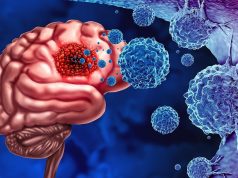Scientists used mosaic aneuploid blastocysts in IVF that resulted in six healthy infants
THURSDAY, Nov. 19, 2015 (HealthDay News) — Embryos with a mix of normal and abnormal chromosomes implanted during in vitro fertilization (IVF) can develop into healthy newborns, a small new study suggests. The research was published in the Nov. 19 issue of the New England Journal of Medicine.
Researchers from European Hospital in Rome offered to transfer mosaic embryos — characterized by irregular numbers or arrangements of chromosomes in some cells — into 18 women for whom IVF hadn’t previously worked.
Chromosomal mosaicism was detected in 4.8 percent of 3,802 embryos included in the study. All six full-term pregnancies that followed resulted in chromosomally normal infants, the researchers reported.
“We hypothesize that the extent and type of mosaicism affect the IVF success rate; our data were insufficient to test this hypothesis,” the authors write. “Our study was small, and additional clinical data must be obtained before this approach can be evaluated for routine integration into preimplantation genetic screening programs in women undergoing IVF. Transfer of mosaic embryos with purportedly ‘viable’ aneuploidies should be considered with extreme caution.”
Full Text
Copyright © 2015 HealthDay. All rights reserved.








